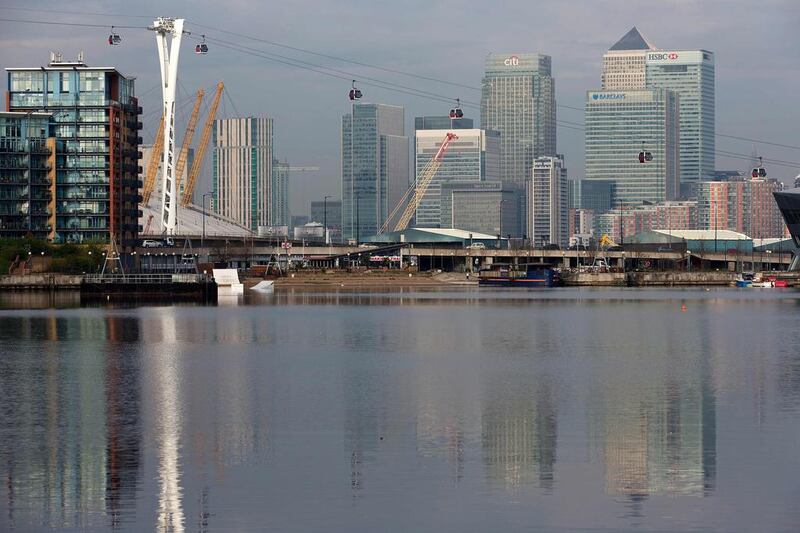Modern capitalism is “broken”, has “lost its way” and has been “hijacked by [a] management class” who just want to get seriously rich. A searing critique from a left-wing populist leader? No, these and other sharp observations came from some of Britain’s top businessmen and was delivered through the Financial Times, the bible for business leaders.
Baroness Shriti Vadera, a former government minister in Gordon Brown’s Labour government and now the chairperson of the UK arm of Santander, the Spanish banking giant, said that “the underlying promise of western capitalist economies — that a rising tide lifts all boats — has been broken.”
Recognising the growing public anger at mega-rich members of the City, Sir Nigel Rudd, chair of the aerospace engineer Meggitt, took aim at what he dubbed a “management class” that was making huge sums of money merely by looking after other people’s assets, rather than by actually creating businesses.
“In the last two or more decades it has been possible to become seriously rich without taking any financial risks,” Sir Nigel said. “The general public instinctively resents this [and] will take revenge on a system that they see as unfair.”
Capitalism had “lost its way” according to Robert Swannell, the former chairman of retailer Marks and Spencer, and that the overwhelming focus on short-term returns was harming its reputation. “Over the past 50 years the pendulum swung much too far towards [that],” Mr Swannell said.
The head of the Confederation of British Industry (CBI), Carolyn Fairbairn, said that capitalism was viewed warily and had taken “wrong turnings”. “The financial crash, a fixation on shareholder value at the expense of purpose, and the toxic issues of […] payment of tax and executive pay stand in the way of redemption.”
Since the surprisingly good showing of Jeremy Corbyn’s Labour party in June’s general election, the world of business and commerce has been subject to concerted criticism from all parts of the political spectrum. Mr Corbyn’s speech to his party’s annual conference in September called for rent controls, renationalisation of public utilities, higher taxation and greater market regulation – all policies that the public support in opinion polls.
While the beleaguered Tory prime minister Theresa May did defend capitalism in her own speech the following week, saying that it was “the greatest agent of collective human progress ever created”, she has been forced to the left by Mr Corbyn’s advances and has offered measures such as capping energy bills.
The FT City Network is a panel of more than 50 executives operating across finance, business and policymaking, and includes Barclays chairman John McFarlane, former Lloyds chairman Sir Win Bischoff and Douglas Flint, who has just stepped down as chairman of HSBC.
The final word was best left to Anne Richards, chief executive of fund manager M&G, who said: “In the current era, best described as ‘the age of anxiety’, we will see capitalism rejected unless it finds a way of fundamentally addressing this anxiety.”






